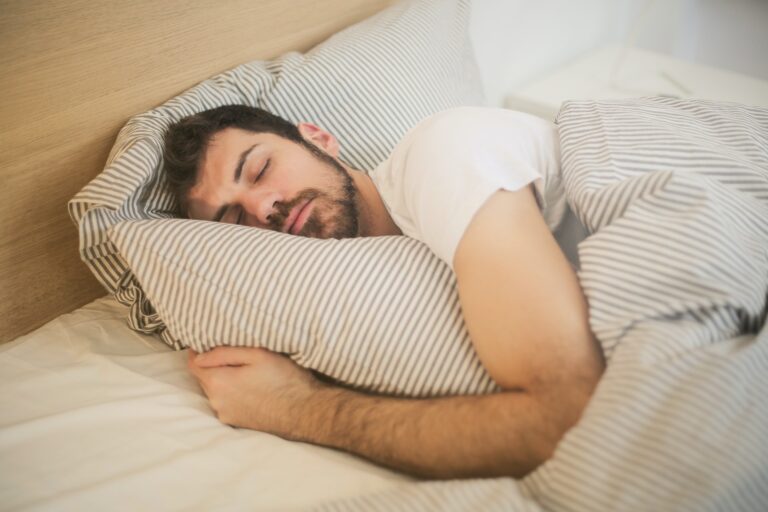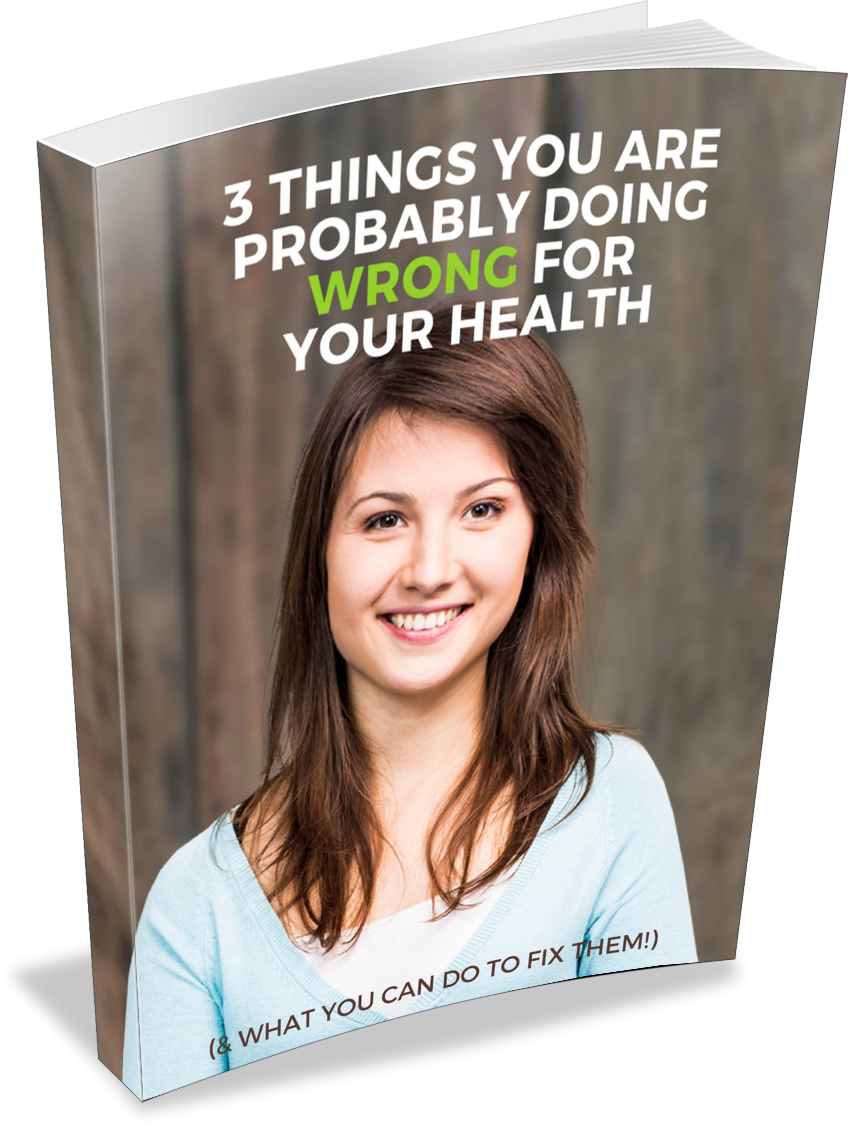The role of light in getting a solid night’s sleep goes far beyond just turning off your lights and going to bed.
Science is now exploring the relationship between light, when we’re exposed to it (or not), and sleep quality.
Light plays a very important role in what’s called our circadian rhythm.
Our body’s own natural 24-hour clock informs us about when to feel awake and when to feel tired.
Light also plays a vital role in the production of cortisol, melatonin, and adenosine, all of which influence this sleep-wake cycle.
Think about how we evolved as humans.
We didn’t try to get our best quality sleep after watching hours of the newest Netflix series (as fun as binging Ozarks maybe), and wake up to immediately check our phones and start scrolling on TikTok.
Inherently, we woke up and went to sleep with this is why getting adequate sunlight at key times of the day may be the missing link to your sleep problems.
How Does Light Affect Circadian Rhythms?
Natural light is essential for initiating and managing our internal clock and getting this at the start of your day can mean a better night’s sleep at the end.
Let’s look at how it all works…
Natural light (not the kind from our screens) is sensed by a special group of receptors in the eyes, which then sends this information to a part in the brain initiating our internal clock.
Cortisol, the stress hormone, is immediately released from your adrenal glands as a way of driving alertness to the body. Literally waking you up!
This cortisol surge first thing in the morning is a healthy and normal response, and the earlier we can get this surge of cortisol after we wake up, the better.
It instantly sets off our body’s internal clock to know that our day has started.
Once this happens and the clock is then set, our body will initiate the production of adenosine.
Think of adenosine as a ‘sleep hunger’ chemical. It builds up slowly throughout the day and once levels hit a threshold, we will begin to feel tired.
Interestingly, caffeine, the common chemical compound found in coffee, blocks the receptors in the brain that adenosine binds to.
This means that the brain can uptake less adenosine and result in more wakefulness!
This is why you feel less tired after a cuppa Joe!
Not Getting the ‘Right Light’?
Let’s say instead of exposing yourself to natural light, your only exposure comes from a screen or indoor lighting.
This isn’t going to have the same positive effect on your circadian clock.
Exposure to artificial light soon after we wake up throws off your body’s natural circadian rhythm and sleep-wake cycle.
This results in poor sleep outcomes and even adverse health implications such as weight gain, metabolism deficiency, heart problems, and elevated cancer risk.
In part, this is why we see a higher incidence of mood changes and mental health disorders, such as seasonal affective disorder, in parts of the world that experience longer winters with shorter days.
The Good News
Getting this amount of ‘right light’ is not only super easy but also free!
Here’s how to ensure you’re getting the right amount of light at the start of your day:
- Spend 2-10 minutes outside after you wake up, preferably within 2-3 hours of when the sun rises.
- Longer durations will be needed when it’s overcast, but on sunny days you can acquire the right exposure in a matter of minutes.
- Windows are shown to be 50x less effective at giving our body’s the right amount of light because glass blocks the waves of light that initiate the parts of the eye telling your brain to turn on your clock.
Melatonin Production
Melatonin is a naturally produced hormone that makes us feel drowsy and is important for helping us fall asleep.
The way we produce melatonin is also very closely tied to how we expose ourselves to light – especially at the end of our day.
The timing of when we produce melatonin in our bodies also reinforces and normalizes our circadian rhythms, thus making it very important that we keep it regular.
When our body senses darkness, a part of the brain called the Pineal Gland, initiates the production of melatonin.
The bad news is that certain kinds of light exposure, specifically around the time we go to sleep can disrupt the production of melatonin, thus creating an environment where we don’t feel tired.
The light that has short wavelengths, primarily the type of light found on many of our screens (including the one you’re reading this on!) significantly affects melatonin production and our circadian rhythms.
Extensive evening use of our devices has been strongly linked to poor sleep quality, inadequate quantity, and excessive daytime fatigue, especially in children.
How to Maximize Melatonin (and Sleep)
There are a few important steps you can start taking to improve your sleep hygiene:
- Make your room as dark as possible and try to eliminate the use of nightlights.
- Sleeping in total darkness reduces any distractions to sleep and will maximize your sleep cycles.
- You may be surprised to find out that closing your eyes still isn’t enough to block low levels of light. Small amounts of light exposure while you sleep can have negative consequences on not only your sleep, but also eyestrain, cancer risk, and weight gain.
- Digital Detox.
- You will also want to reduce your exposure to technology one hour before sleeping to prevent your mind from overstimulation and a poor sleep.
- Many devices also have a function to reduce blue light, and ‘night time’ modes to reduce your exposure to this disruptive light in the later times of the day.
With the value of quality sleep finally getting its day in the sun, there are zero reasons not to make it a high priority in your healthy lifestyle.




